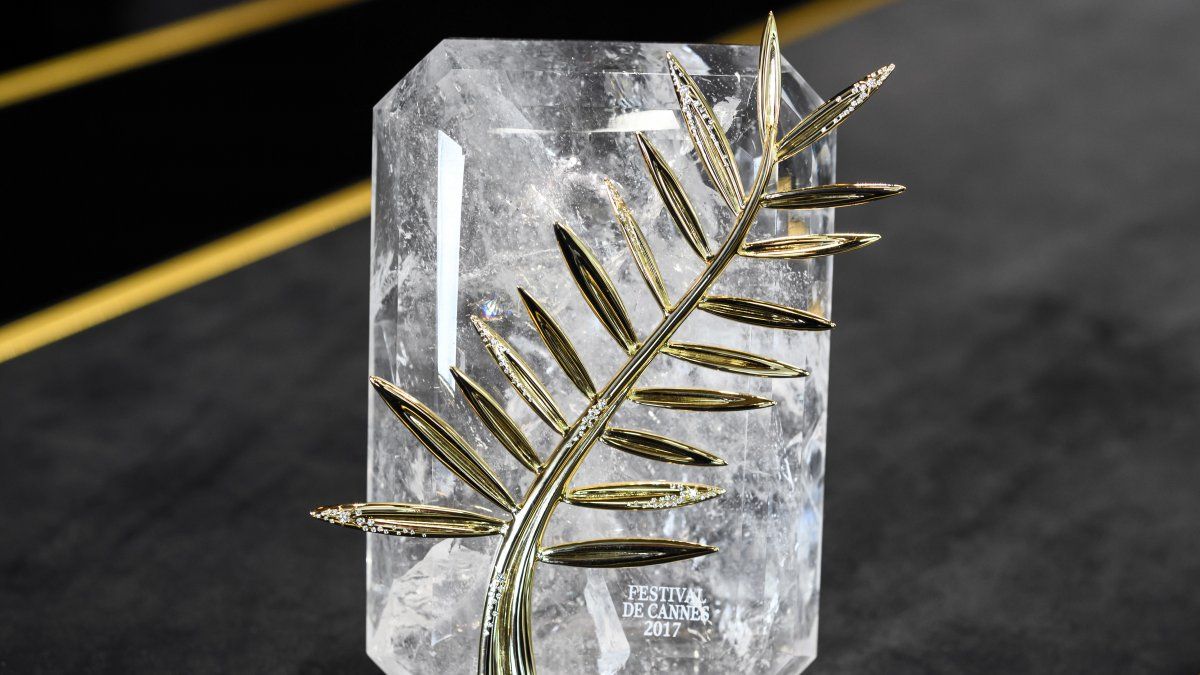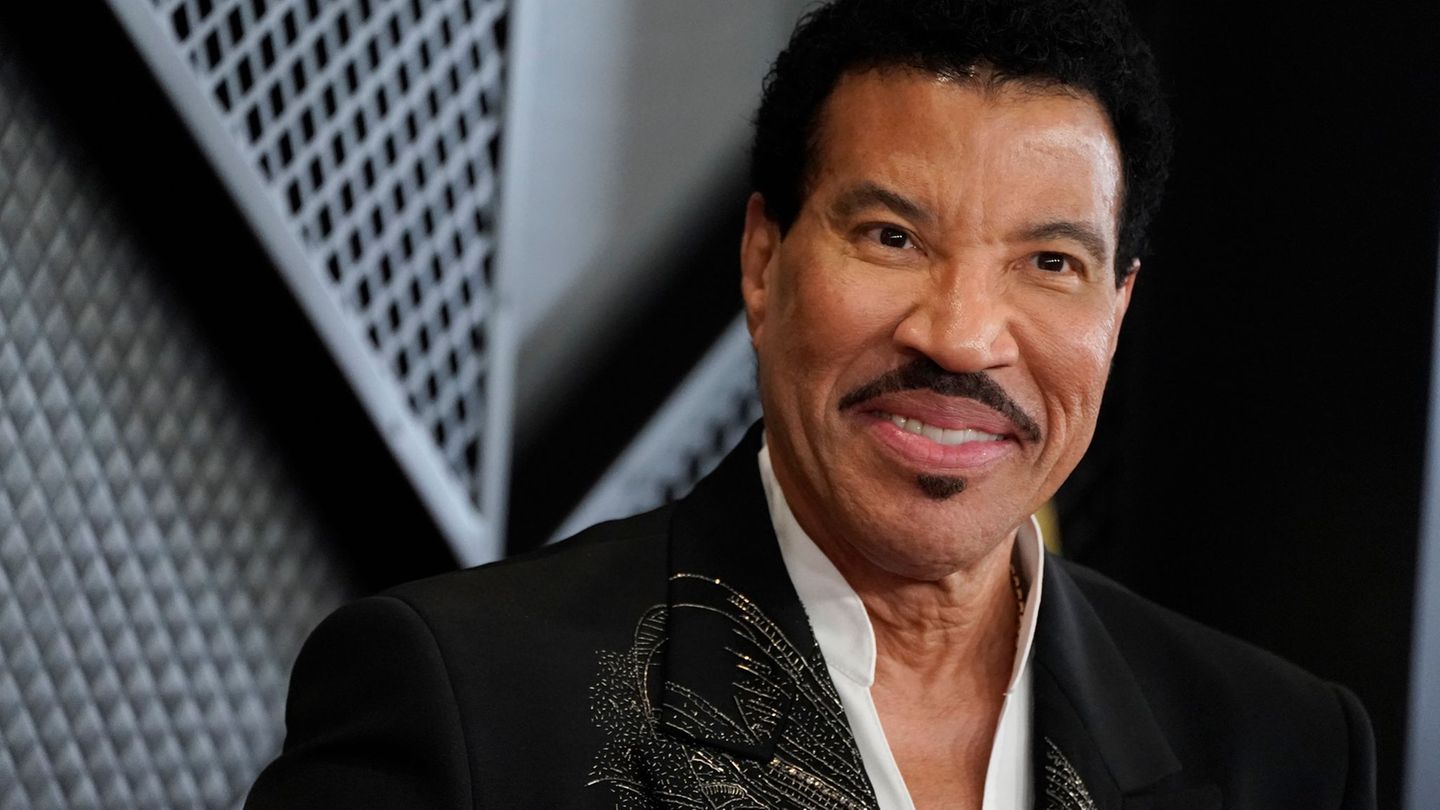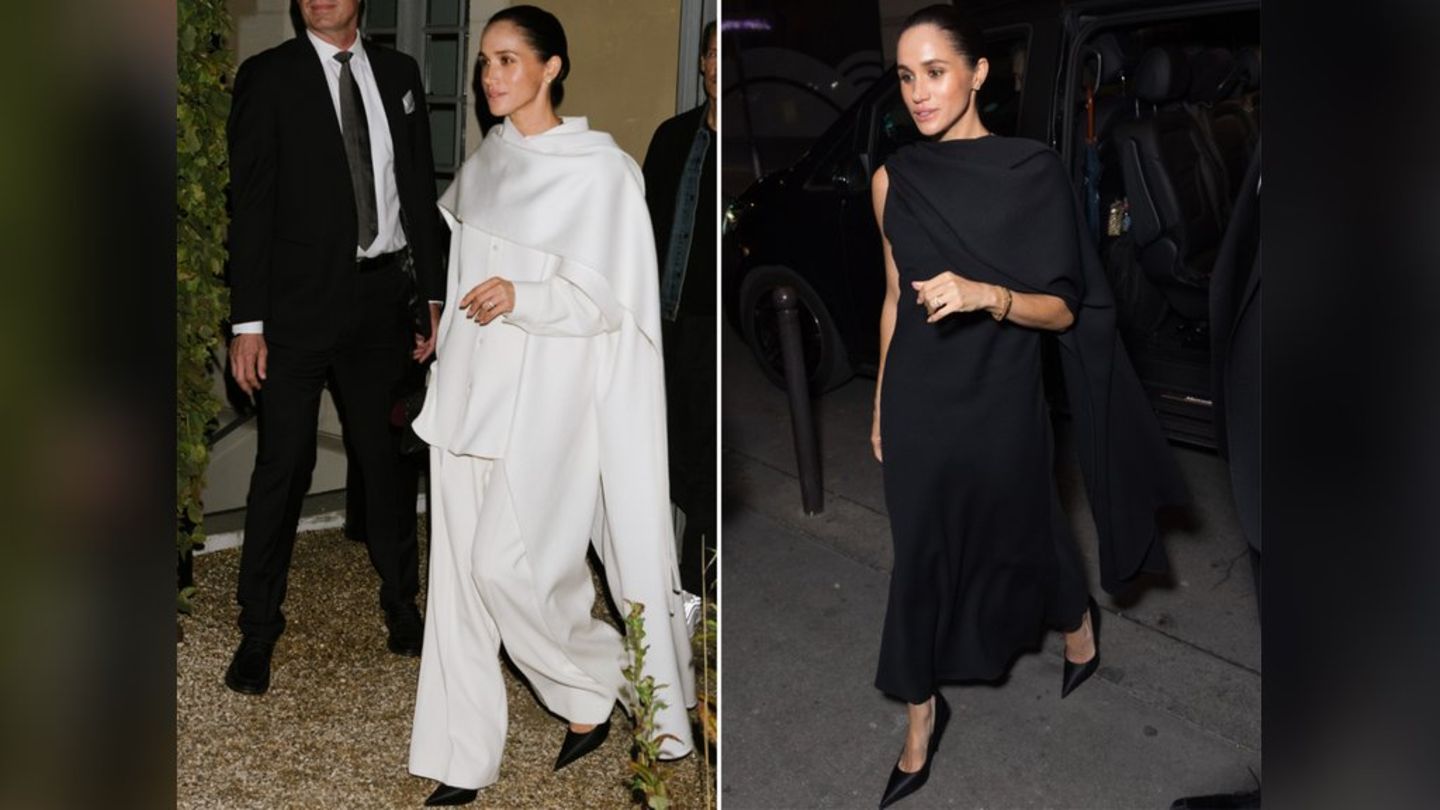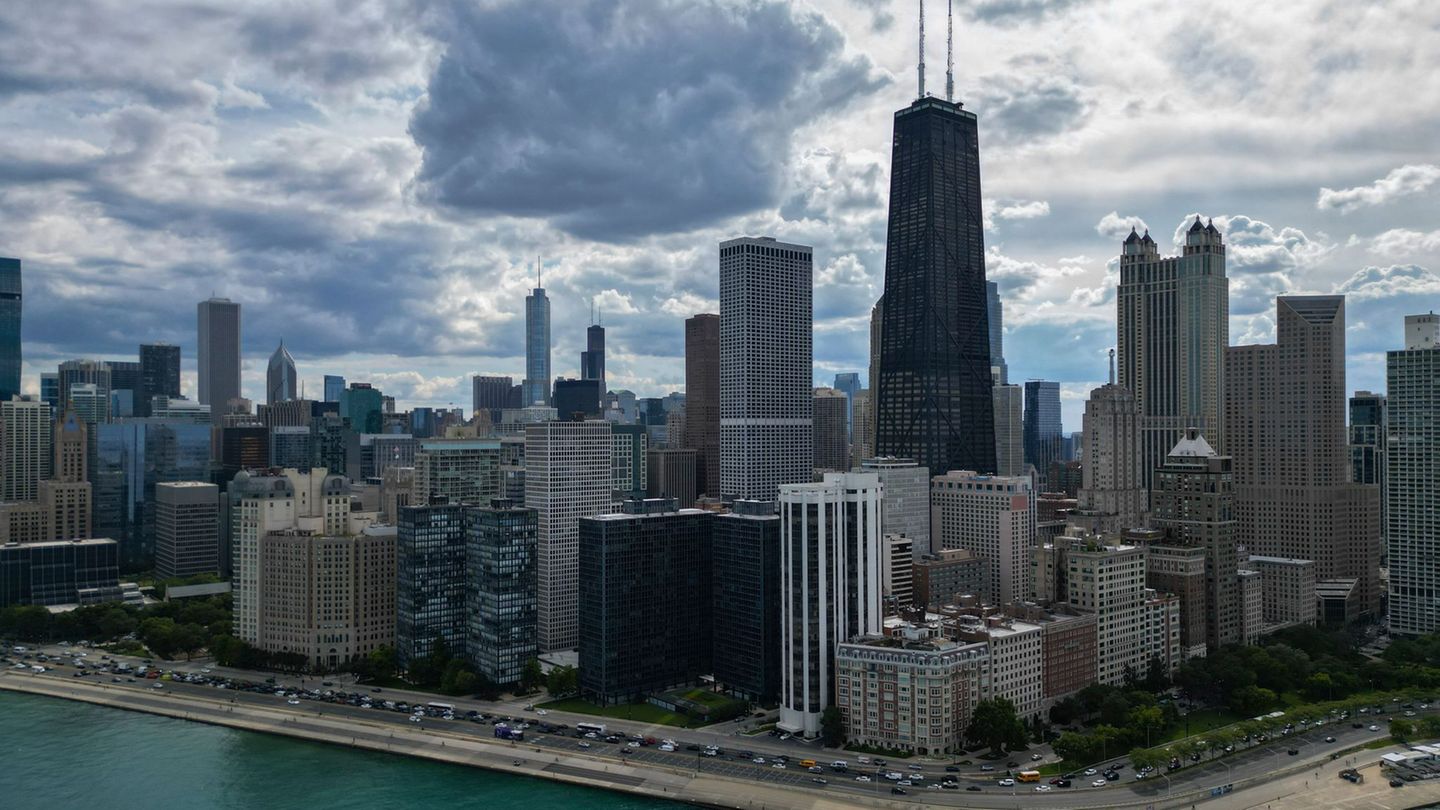“Boy from Heaven” by the Egyptian director Tarik Saleh, emerges so far as one of the most successful works by presenting the fiction of the death of the imam of the country and the political struggles to elect his successor. And it does so through its central character, the young Adam (notable Tawfeek Barhom) who enters Cairo’s Al-Azhar University, finding himself involved in a power struggle with police overtones. Saleh had already successfully tackled this theme in his immediately preceding film, “Crime in Cairo”, released in our country.
“Frère et soeur”, by the French director Arnaud Desplechin, deals, as its name indicates, with the relationship (it would be better to say its absence) of two siblings: Alice (Marion Cotillard) and Louis (Melvil Poupaud), when a serious accident involving their parents in the route puts them on the verge of death and reunites after twenty years without seeing each other. Despite the complacent criticism of the French press, it is a failed work that the central performers fail to save, in overwhelmed and unbelievable characters. Cannes regular James Gray’s “Armageddon Time” (“The Yards,” “Two Lovers”) is also a better-performing family drama thanks to its apt portrayal of a boy, whose parents (Anne Hathaway, Jeremy Strong) neglect during their puberty and finds in his grandfather (Anthony Hopkins) the support not provided by his parents.
“NMR”. is a celebrated return to Cannes of the Romanian Cristian Mungiu (“Four months, three weeks and two days”) in a film that crudely describes the reaction in a town when a bakery factory hires foreign workers (from Sri Lanka), for lack of of local labor willing to work. Mungiu does not limit himself to denouncing the racist act, since he also shows how xenophobic attitudes of diverse origins (Hungarian, Austrian, Gypsies and Romanians) coexist among the villagers themselves, reaching a climax in an assembly of all the villagers, where the The church and the local government help bring the episode to a tragic end.
“Triangle of Sadnes”, by the Swedish Ruben Ostlund, lasts two and a half hours without achieving the merits of “The Square”, his previous work, Palme d’Or in 2017. It takes place largely on a luxury cruise to which a fashion art young couple Among the passengers there will be a nouveau riche of Russian society and the eccentric captain of the ship (Woody Harrelson), who in contrast to the previous one, vindicates Soviet communism. Among the crew, Asian personnel, who after a shipwreck, will reverse the relationship between the powerful passengers and their submissive servants. Despite having a tone where the director sought comedy, it rarely shows up and the whole sinks, like the ship in which much of the action takes place.
A major and unbalanced work has not yet appeared within the Official Selection. It is a pity that “Esterno Notte” (in serial format) by the great Marco Bellocchio and about the Aldo Moro case, does not integrate the Official Selection, since if it had done so it would be (at least until now) the great deserving of the Palm of Gold. Hardly any of the remaining films in the Official Competition will be able to surpass the excellence of this extensive story lasting more than cifestivnco hours, with brilliant performances by Fabrizio Gifuni (Aldo Moro), Toni Servillo (Pope Paul VI) and Margherita Buy ( Noretta Moro).
In this way, after the first half of the Festival has passed, even in the rumors the name of the film that will win the Palme d’Or is uncertain.
Source: Ambito
David William is a talented author who has made a name for himself in the world of writing. He is a professional author who writes on a wide range of topics, from general interest to opinion news. David is currently working as a writer at 24 hours worlds where he brings his unique perspective and in-depth research to his articles, making them both informative and engaging.




